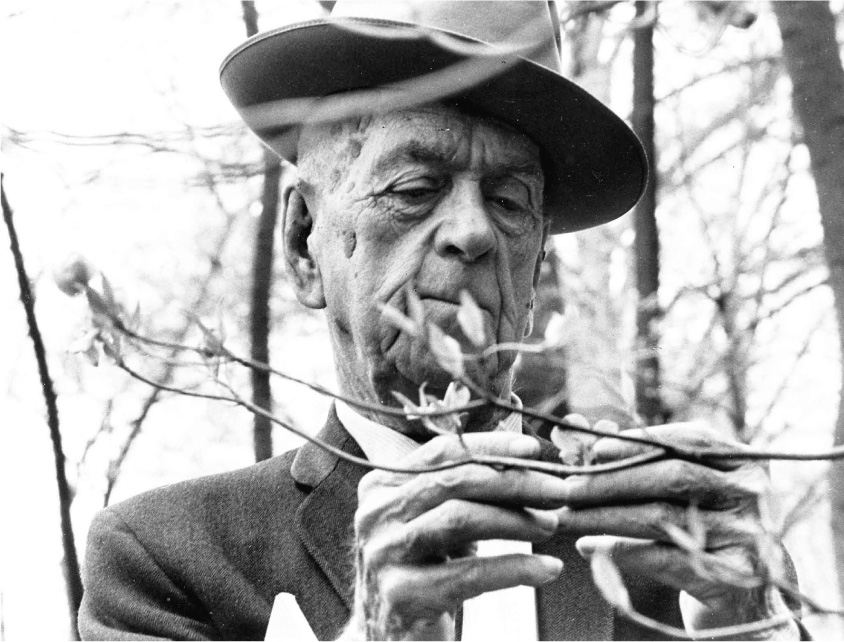“Thousands of naturalists, historians, archaeologists and other specialists are engaged in the work of revealing, to such visitors as desire the service, something of the beauty and wonder, the inspiration and spiritual meaning that lie behind what the visitor can with his senses perceive.”
— Freeman Tilden, Interpreting Our Heritage
Every year the National Park Service awards the Freeman Tilden Award. Named in honor of Malden, Massachusetts native Freeman Tilden (1883-1980), it is the highest award presented to an individual National Park Service interpreter. Created “to stimulate and reward creative thinking that results in positive impacts upon the preservation of the parks and the visiting public,” the award acknowledges Tilden’s role as the father of heritage interpretation.
Tilden’s writing career began early as a book reviewer for the Malden Evening News, published by his father. He worked as a reporter for papers in Boston, New York, and Charleston, South Carolina, wrote novels and plays, and traveled widely. In the 1940s, encouraged by National Park Service Director Newton B. Drury, he accepted a position with the National Park Service and began writing about the national parks.
While Tilden’s 1951 book The National Parks: What They Mean to You and Me was deemed “the best book ever written” on the subject, it is Tilden’s 1957 work, Interpreting Our Heritage, that is his most important and influential. Its six fundamental principles continue to guide and sustain the art of heritage interpretation, influencing and inspiring interpreters throughout the world.
In 1962 Tilden was awarded the prestigious Pugsley Medal honoring champions of parks and conservation, acknowledging the exceptional influence of his studies and writings on the park conservation programs of the country.

